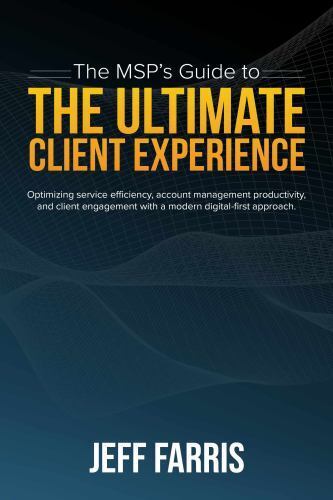As businesses continue to rely on technology to drive their operations, the demand for managed services providers (MSPs) is expected to grow in 2021. With the ever-evolving landscape of technology, MSPs are constantly adapting to new trends and technologies to meet the needs of their clients. In this article, we will explore some of the top trends in managed services and what businesses can expect from their MSPs in 2021.
1. Increased focus on cybersecurity
With the rise of cyber threats and data breaches, cybersecurity has become a top priority for businesses of all sizes. In 2021, MSPs will continue to focus on providing robust cybersecurity solutions to protect their clients’ sensitive data and networks. This may include services such as security monitoring, threat detection, and incident response to help businesses stay one step ahead of cyber attackers.
2. Cloud migration and management
As more businesses move their operations to the cloud, MSPs will play a crucial role in helping them navigate the complexities of cloud migration and management. In 2021, MSPs will focus on providing cloud services such as infrastructure as a service (IaaS), platform as a service (PaaS), and software as a service (SaaS) to help businesses optimize their cloud environments and drive efficiency.
3. Remote workforce support
The shift to remote work has become the new norm for many businesses, and MSPs will continue to play a key role in supporting remote workforce environments in 2021. This may include providing remote desktop services, virtual private network (VPN) solutions, and secure access to corporate networks for employees working from home. MSPs will also focus on helping businesses enhance their collaboration tools and communication platforms to support remote teams effectively.
4. Automation and AI-driven solutions
Automation and artificial intelligence (AI) are transforming the way businesses operate, and MSPs are leveraging these technologies to streamline their service delivery and improve efficiency. In 2021, businesses can expect MSPs to offer AI-driven solutions such as predictive analytics, machine learning, and robotic process automation to enhance their IT operations and drive innovation.
5. Compliance and regulatory requirements
With the increasing focus on data privacy and regulatory compliance, MSPs will continue to help businesses navigate the complex landscape of compliance requirements in 2021. MSPs will offer services such as compliance audits, data protection solutions, and regulatory consulting to ensure that businesses meet industry standards and safeguard their data against potential breaches.
In conclusion, businesses can expect MSPs to focus on cybersecurity, cloud migration, remote workforce support, automation, and compliance in 2021. By partnering with a trusted MSP that stays ahead of these trends, businesses can leverage the latest technologies and innovations to drive their success in the digital age.












You must be logged in to post a comment.